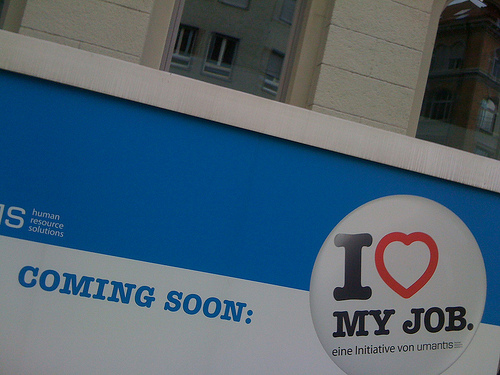Culture is a word used to describe many things. One of the most common of which relates to behaviour and beliefs that belong to particular group (dictionary.com). One of the most important groups to which we belong is in the workplace. It makes sense then, that for us to be happy at work we need to be comfortable with the overriding company culture.
A company’s culture does more than keep its staff happy, however. It affects its entire business functioning.

What is company culture?
The core principles that underlie the goals, ethos, ethics, processes and atmosphere in a business. It starts with a clear statement of the company’s mission and vision, and they shouldn’t necessarily be financially driven. They need to be communicated clearly to all staff members, who should be able to follow the sterling example set by the company’s leaders.
Leaders set the tone, which means that business owners have to be constantly aware of how they conduct themselves personally and professionally.If staff pick up on any incongruence between talking the talk and walking the walk they’re unlikely to play their part in the mission.
Business owners also need to be very selective about who they hire as managers and directors. They need people who have similar values and ideas and who not only know what business owners aim to achieve but also understand why it is necessary. Obviously, the selection process extends to all staff, but it is particularly important when it comes to choosing inspirational leaders.
Factors contributing to healthy company culture
- Catering to employee needs. These can be financial, like good salaries, pensions, medical insurance, birthday bonuses; and non-financial, like birthday cake, pizza when working overtime, wrist rests to prevent keyboard injuries and fortnightly vitamin B injections.
- Training. Career-related training and development are very important and can include things like informal internal training courses and formal external training courses, as well as seminars, lectures and conferences.
- Flexibility. Culture shouldn’t be so rigid that it can’t accommodate change or evolve or adapt to changing circumstances, new employees and regulations.
- Resilience. Culture should be strong enough to withstand new processes, new developments, shifting attitudes, freedom of expression within the organisation.
- Trust. Trust in employees, trust in management, trust in business processes.
- Honesty. Something which should never, ever be sidelined if trust is to be maintained.
The kind of culture business owners want to instil is up to them. They can go for something informal without any real discernable hierarchy or they can go for something far more formal and regimented. The important thing is that they are consistent in their approach, lead by example and keep their employees’ needs in mind.
This guest post was written by Sandy Cosser on behalf of Change Consulting Group, which offers a variety of organisational change and transformation solutions, including project risk assessment.

